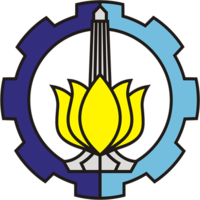Collaboration between Inter Stakeholders in Herbal Education Development in Oro-Oro Ombo Village of Batu City
Abstract
This article describes a development model for Herbal Education in Oro-Oro Ombo Village, Batu City, Batu District as a result of community service activities carried out by the ITS Center for Public Policy and Industrial Business Studies with the Batu City Government. This community service activity aims to develop local potential based on environmentally friendly and sustainable technology. The method in developing this educational tour uses a collaborative participatory approach. The strategy pursued in the Herbal Education Development involves stakeholders, including: Batu City Government; Perhutani; Oro-Oro Ombo Village Administration; Batu City Agricultural Service; LMDH; Villagers; ITS student KKN team and Abdimas Team from PUSKAJI-PKBI-ITS. Based on the analysis and approach carried out, it shows that the development of Herbal Education has the potential to be developed into new attractive and prospective tourist destinations because 1. There is positive acceptance and response from the main stakeholders, namely the village government and local communities; 2. There is goodwill and full support from the Batu City Government which is manifested in the form of an MOU with PUSKAJI PKBI ITS to develop Herbal Education. 3. It has physical capital, namely attractive natural topography and integrated West Ring Road access with tourist destinations in Batu City. In addition to improving the welfare of the surrounding community and increasing local income, the development of Herbal Education is expected to be able to raise biodiversity in Indonesia and be able to educate foreign tourists and domestic tourists.
Full Text:
PDFDOI: http://dx.doi.org/10.12962%2Fj29649714.v1i1.8292
Refbacks
- There are currently no refbacks.
